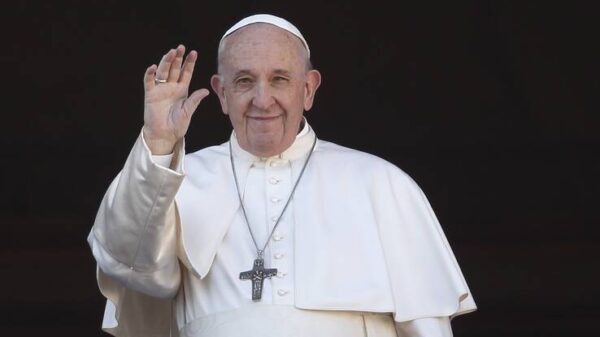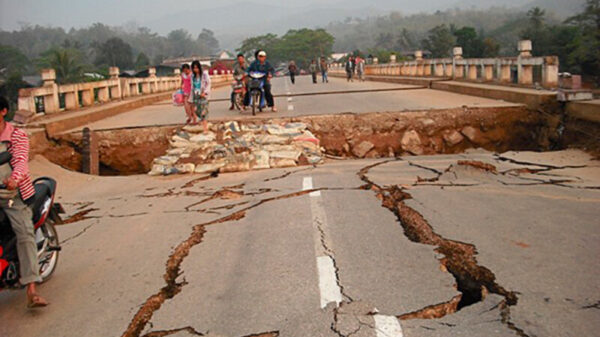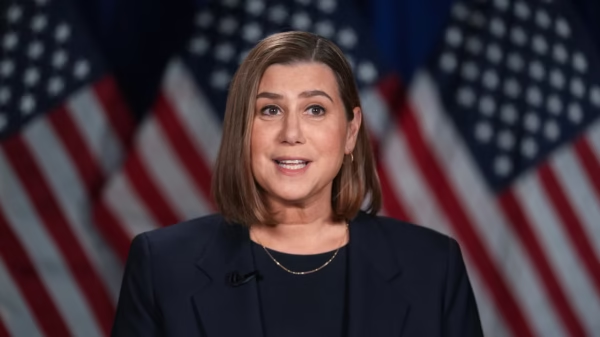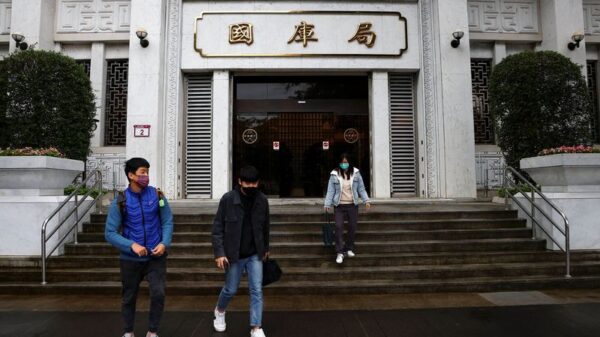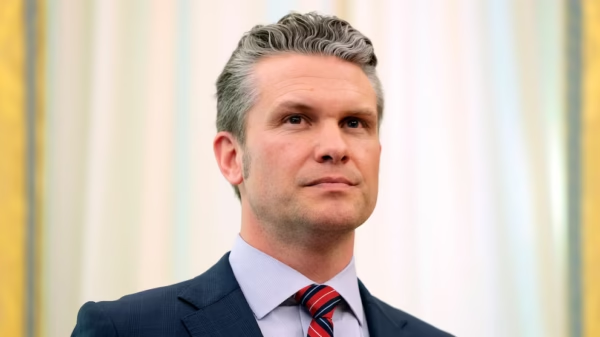Ukraine Halts Russian Gas Transit Following Expired Deal
On January 1, Ukraine officially halted the transportation of Russian natural gas through its territory after the expiration of a five-year transit agreement. This decision marks a significant shift in the energy dynamics of the region, with broad implications for European markets and geopolitical relations.
A Landmark Decision After Years of Dependence
The halt comes after decades of reliance on Ukraine’s extensive pipeline network to deliver Russian gas to Europe. The expiration of the transit deal signals the end of a long-standing arrangement that has been central to Europe’s energy supply.
Impact on European Gas Supplies
The cessation of transit has raised concerns about gas shortages in Europe, particularly during the winter months. Several European nations, heavily dependent on Russian gas, are now exploring alternative sources and routes to secure their energy needs.
Geopolitical Ramifications
Ukraine’s decision is seen as a strategic move in its ongoing conflict with Russia. By halting transit, Ukraine aims to reduce its dependency on Russian energy revenues while exerting economic pressure on its adversary.
Russia’s Response and Strategic Shift
Russia, in response, has sought to redirect its gas exports through alternative pipelines, including Nord Stream 2 and TurkStream. However, these routes face logistical and political challenges, complicating Russia’s efforts to maintain steady supplies to Europe.
Economic Implications for Ukraine
While the decision aligns with Ukraine’s geopolitical goals, it comes with economic costs. Transit fees from Russian gas historically contributed significantly to Ukraine’s economy. The cessation of transit will require Ukraine to seek alternative revenue sources.
Energy Security Concerns for Europe
The halt has intensified discussions about energy security within the European Union. Member states are emphasizing the need for diversified energy sources and increased investments in renewable energy to reduce reliance on Russian gas.
Increased Focus on LNG Imports
Europe is expected to ramp up imports of liquefied natural gas (LNG) from the United States, Qatar, and other suppliers to compensate for reduced pipeline gas supplies. This shift highlights the growing importance of LNG in Europe’s energy mix.
Renewable Energy as a Long-Term Solution
The situation has also underscored the urgency of transitioning to renewable energy sources. European leaders are advocating for accelerated investments in wind, solar, and hydrogen technologies to achieve energy independence and sustainability.
Challenges for Neighboring Countries
Neighboring countries, including Slovakia and Hungary, are particularly affected by the halt in gas transit. These nations are working to adjust their energy strategies and secure supplies through alternative routes.
Impact on Global Energy Markets
The disruption in Russian gas transit through Ukraine has sent ripples through global energy markets. Natural gas prices have seen volatility as traders react to the evolving situation and uncertainties surrounding future supplies.
Ukraine’s Energy Independence Strategy
Ukraine has been working to diversify its energy portfolio and reduce reliance on Russian energy. Investments in domestic gas production, renewable energy projects, and cross-border energy partnerships are central to this strategy.
EU’s Support for Ukraine
The European Union has expressed solidarity with Ukraine, offering technical and financial support to help the country navigate the economic and energy challenges resulting from the halt. This support aligns with the EU’s broader goals of reducing dependency on Russian energy.
Public Sentiment and Domestic Challenges
The halt has sparked mixed reactions within Ukraine. While many citizens support the move as a stand against Russian aggression, others express concerns about potential energy shortages and economic repercussions.
Conclusion: A Turning Point in Regional Energy Dynamics
Ukraine’s decision to halt Russian gas transit marks a turning point in regional energy dynamics and geopolitical relations. As Europe works to secure alternative energy supplies, the situation underscores the importance of energy independence and diversification. The move represents a bold step for Ukraine, reflecting its determination to assert control over its energy future while navigating complex economic and geopolitical challenges.


